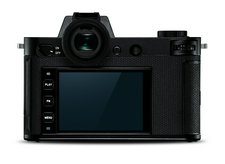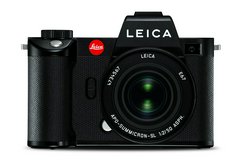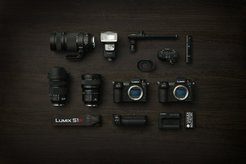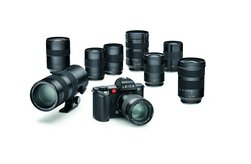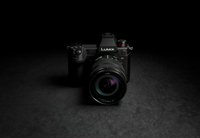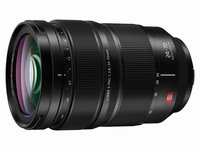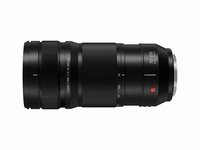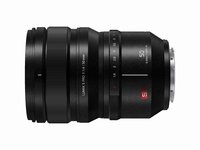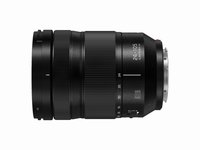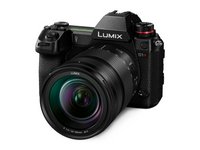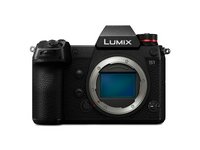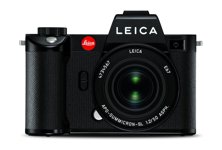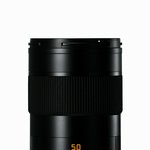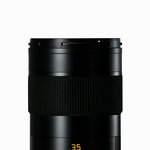Leica SL2 Released Four Years After the Original SL Full-Frame Mirrorless Camera: What Has Changed, and What Stays the Same?
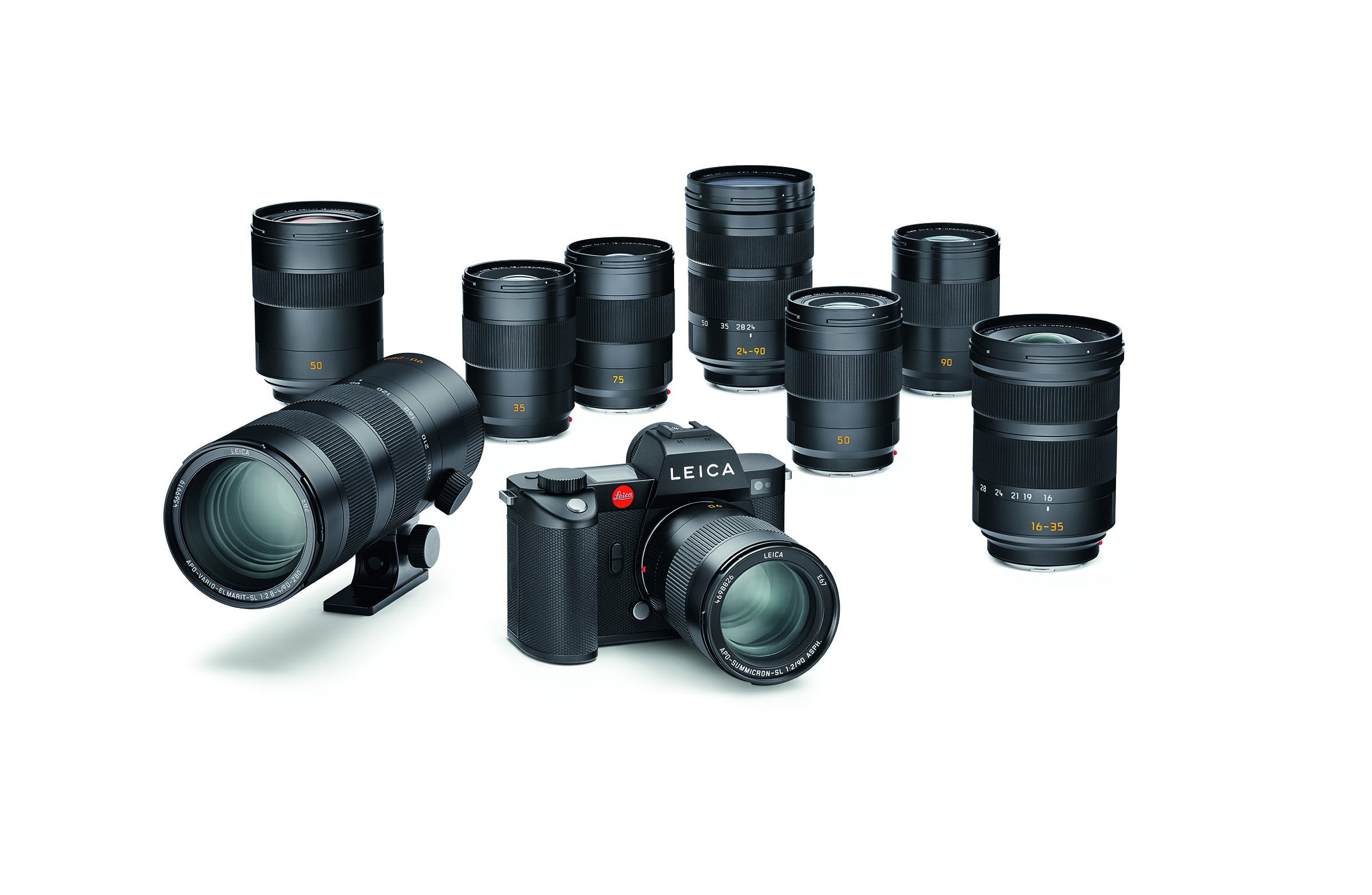
The original Leica SL was loved by photographers and reviewers for its minimalist design, simplistic yet powerful user interface, high resolution electronic viewfinder (EVF), and access to Leica's amazing lineup of L-mount lenses (and M-mount ones via an adapter). Four years later, Leica finally released an update. Let's see what has changed and what has stayed the same.
The Iconic Design
Leica SL could be considered a modern icon in the camera industry. The SL2 has largely kept the winning formula: Substantial body capable of standing the test of time designed and built in Germany. The button placement, as a consequence, has remained largely the same.

Leica SL2 carries over the iconic SL design
Nevertheless, Leica has rounded out the sharp edges of the SL, and the four unnamed buttons around the LCD screen have been replaced by three labeled ones founded on recent Leica cameras. On the front between the lens mount and the grip, there are now two custom buttons instead of one.

The control on the SL2 is much simpler than most mirrorless cameras
What Has Changed?
Naturally, the SL2 has significant updates on the inside, making it considerably more powerful:
Sensor
The new Leica SL2 features a 47-megapixel sensor, almost doubling the 24MP pixel count of its predecessor. Without a low-pass filter, this sensor is similar to the one found in Panasonic S1R; nonetheless, the micro lens design is modified to maintain optimal image quality when shooting with adapted Leica M lenses (which tend to project onto the sensor on a more oblique angle, due to the non-retrofocus design).
Image stabilization
The SL2 adds in-body image stabilization that compensates for vibration on 5 axes for up to 5.5 stops. Thanks to the sensor-shift mechanism, the Leica SL2 now also features high-resolution multi-shot mode, combining 8 frames to produce a 187MP image.
Leica EyeRes viewfinder & LCD display
The original Leica SL (Typ 601) had an industry-leading 0.66-inch, 4.4-million dots EVF that refreshed at 60Hz. The new SL2 now boasts 5.76-million dots and refreshes at 120Hz. The touchscreen is also enlarged to 3.2" with a high resolution of 2.1MP.
Maestro III processor & Functions
Leica SL2 features the new Maestro III processor. It supports the new Object Detection AF: the camera not only recognizes faces but also detects when a subject start moving, subsequently switching between motion and focus priority.
Meanwhile, continuous shooting speed is now significantly improved: up to 10 fps with mechanical shutter and 20 fps with electronic shutter only. Previously, the SL Typ 601 was capable of only 11 fps (6 fps in focus priority).
Video is a key area where improvements have been made. The SL2 now supports recording at 4K 60p with full pixel readout and no crop, up from 4K 30p. 5K 30p is also available. Video can now be recorded in 10-bit internally. Leica has also given the SL2 a Cine mode: It transforms the SL2 into a manually-controlled cine camera. ISO becomes ASA, shutter speed is marked in degrees on the rotary disk, and the f-stops are replaced by T-stops.
The L-Mount Alliance
During the four years since the debut of Leica's first full-frame mirrorless camera, the industry has changed significantly. In 2018, Leica, Panasonic, and Sigma joined forces to create the L-Mount Alliance. Since then, Panasonic and Sigma have both released full-frame L-mount cameras and lenses.

Panasonic is a key player in the L-mount Alliance
In particular, the Panasonic S1R shares many design and functional features with the SL2. One may reasonable ask, what separates them?
Not a lot, as it turns out:
- The S1R carries a larger battery, rated at 3050 mAh (DMW-BLJ31), rather than Leica's 1860 mAh one (BP-SCL4). It is also heavier.
- The SL2 is capable of 20 fps continuous shooting with electronic shutter and 10 fps with mechanical shutter. The Panasonic manages only 9 fps without AF or 6 fps with AF.
- The Panasonic S1R supports 1x XQD + 1x UHS-II SD memory cards, while both card slots on the SL2 are for UHS-II SD cards.
- The Leica is capable of reaching 1/40000 s shutter speed using the electronic shutter, more than twice the speed of the Panasonic's 1/16000 s.
These are very similar cameras with lots of sharing in design and engineering. Whether the SL2 is worth the extra $2300 depends on how much the photographer values the look & feel of the Leica and the continuous shooting capabilities that it offers. Both naturally have access to the same range of L-mount lenses.
In fact, Panasonic has also launched the S1 and S1H, which may be more suitable for you. Have a look at the related products and find out for yourself.
Article Gallery
